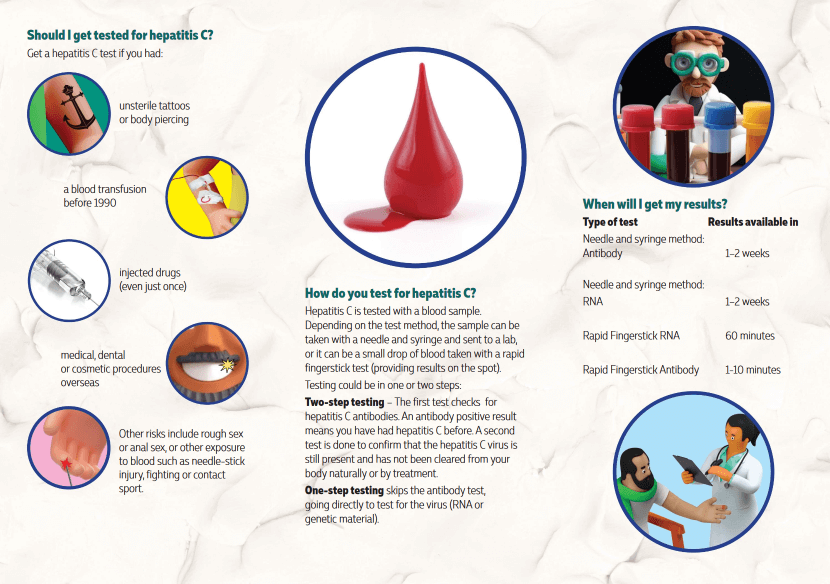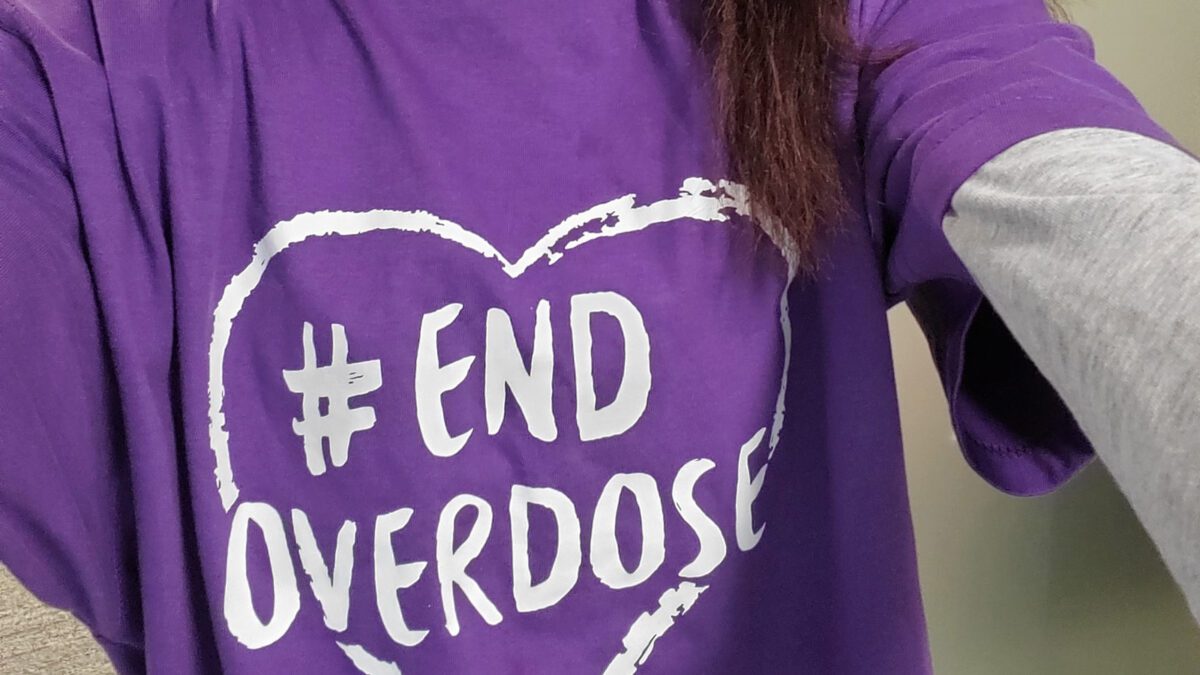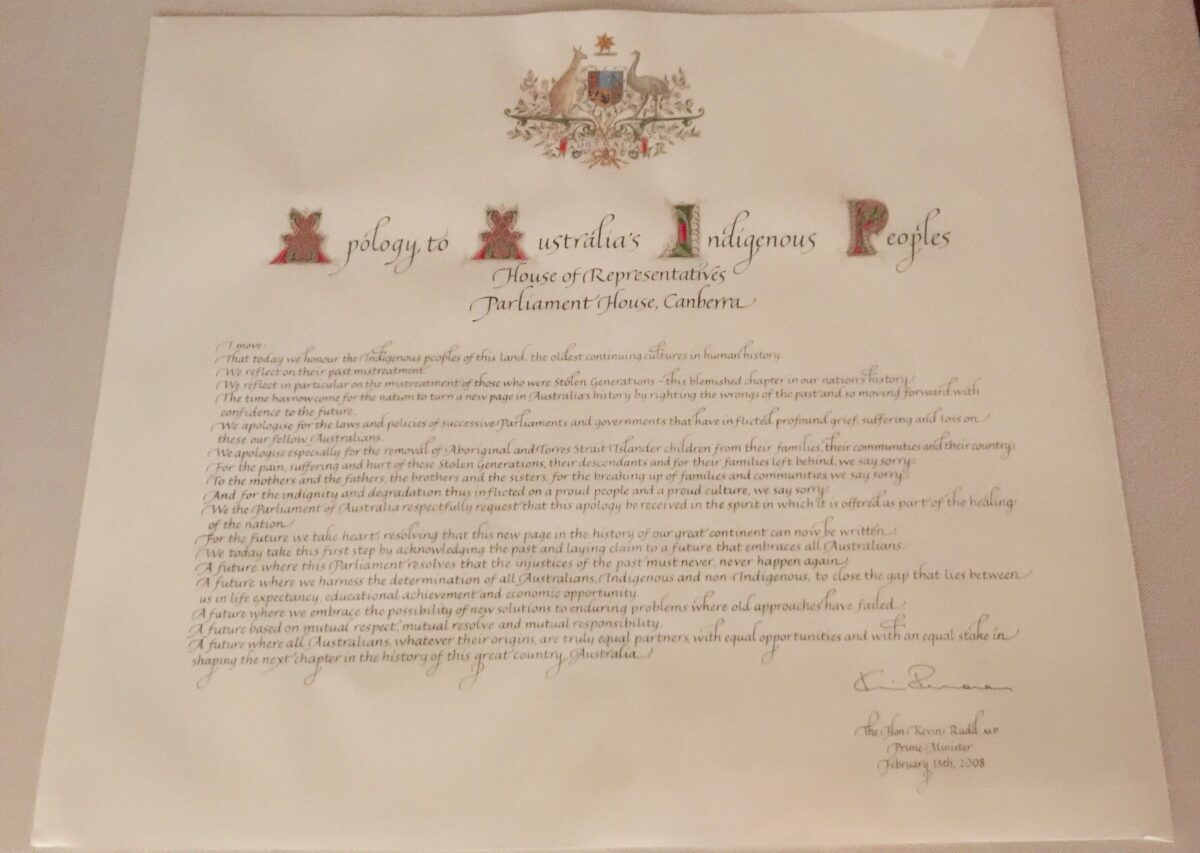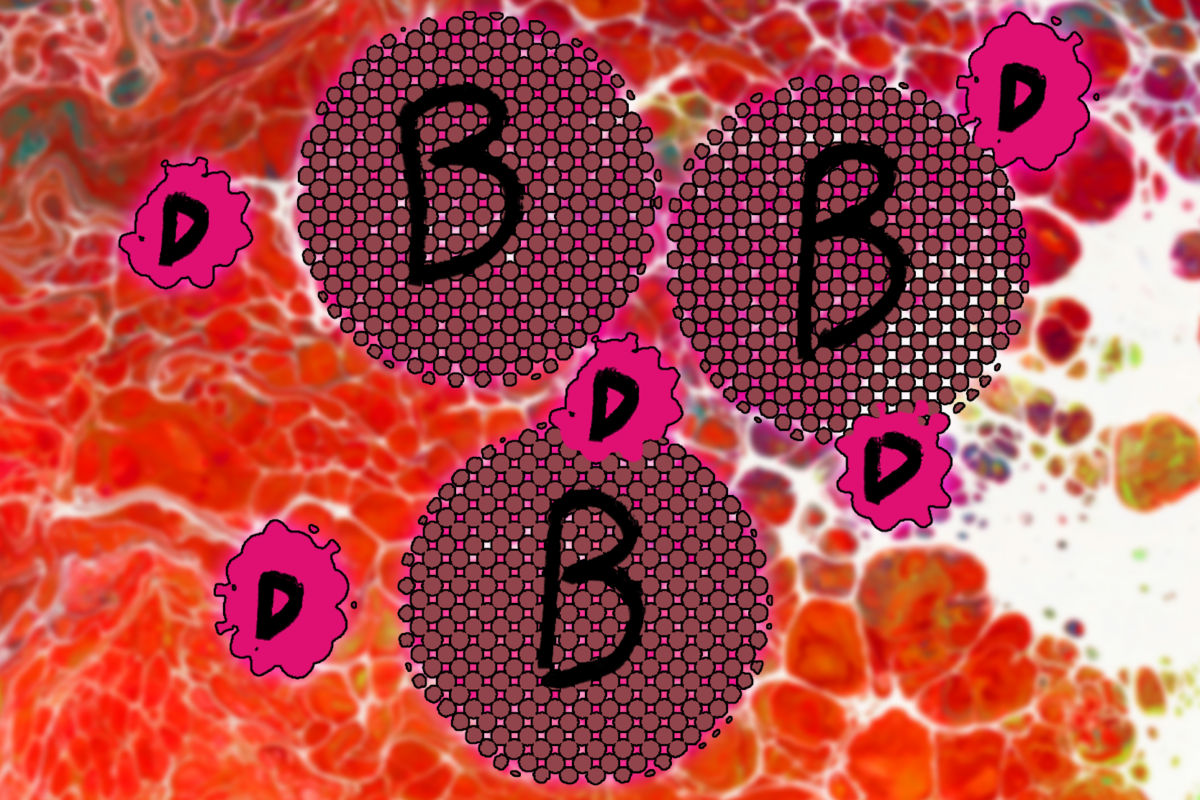The first ever World Hepatitis Testing Week starts on 18 November. Inspired by the European Testing Week campaign which had been running twice a year since 2013, World Hepatitis Testing Week is as part of a global effort to encourage people to get tested for hepatitis B and hepatitis C. Testing is the first step to getting life-saving care for these two disease which are the leading causes of liver cancer.
Despite the availability of effective vaccines and treatments, the World Health Organisation’s consolidated global report on viral hepatitis reported revealed that there are over 3,500 hepatitis-related deaths each day worldwide and the data shows these deaths are increasing.
In Australia, close to 300,000 people live with hepatitis B or hepatitis C and liver related deaths are estimated at around over 1,000 each year. One in four Australians living with hepatitis B, and one in five living with hepatitis C, don’t know they have it. This puts them at risk of liver cancer, serious liver disease and premature death.
For individuals, early detection is key to reducing the risk of serious liver disease and testing is an essential part of that process. Hepatitis C testing is now simple and accessible, with rapid point-of-care testing available at community venues. These rapid tests returns results in an hour, or the same day, depending on the length of the queue.

In addition, a 60-second hepatitis C antibody test has recently been approved. When used as a screening process to filter out those with no previous exposure to the virus, the rapid antibody test will reduce the queue for confirmatory RNA tests where results takes 60 minutes instead of 60 seconds.
Rapid tests for hepatitis B are also expected to be available soon with a sub-study being run as part of the national Hepatitis C Point-of-Care Testing Program which is coordinating community-based testing clinics around the country.
At a broader level, the viral hepatitis elimination campaign in Australia has slowed after the initial surge in treatment uptake from cases whom healthcare providers had held-in-wait for the introduction of new hepatitis C treatments. Restrictions during the COVID-19 lockdowns had also reduced testing and diagnosis rates.
Increasing access to testing is crucial to Australia meeting the target of viral hepatitis elimination by 2030. Providing testing services at the community will facilitate diagnosis, but more awareness among community workers and the wider community is needed to encourage people to come forward for testing. World Hepatitis Testing Week is part of that awareness raising process.
To find out more about viral hepatitis testing and how you can get tested, call 1800 437 222. For testing clinics in South Australia, check out this Testing Clinics Calendar.
Last updated 26 February 2025
More from:
Enjoyed this article? Subscribe to be notified whenever we publish new stories.
Subscribe for Updates









